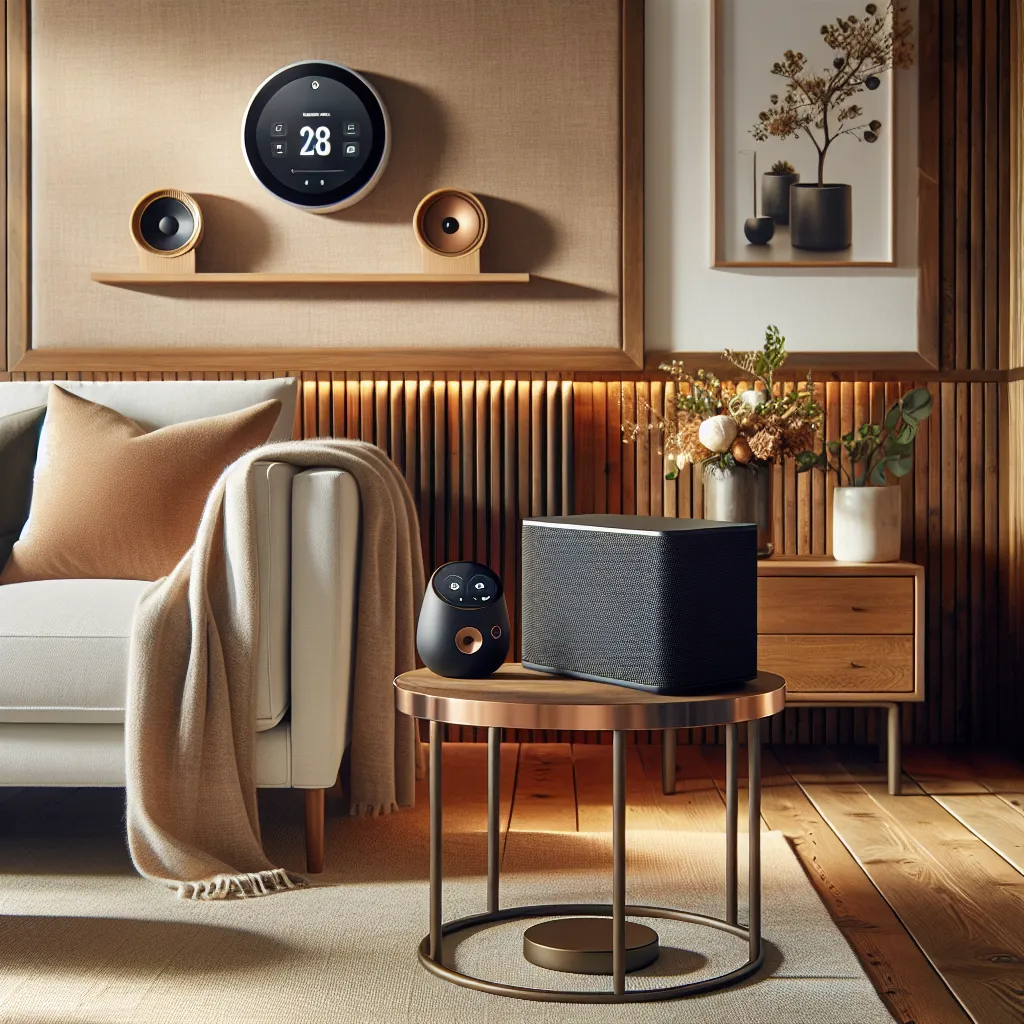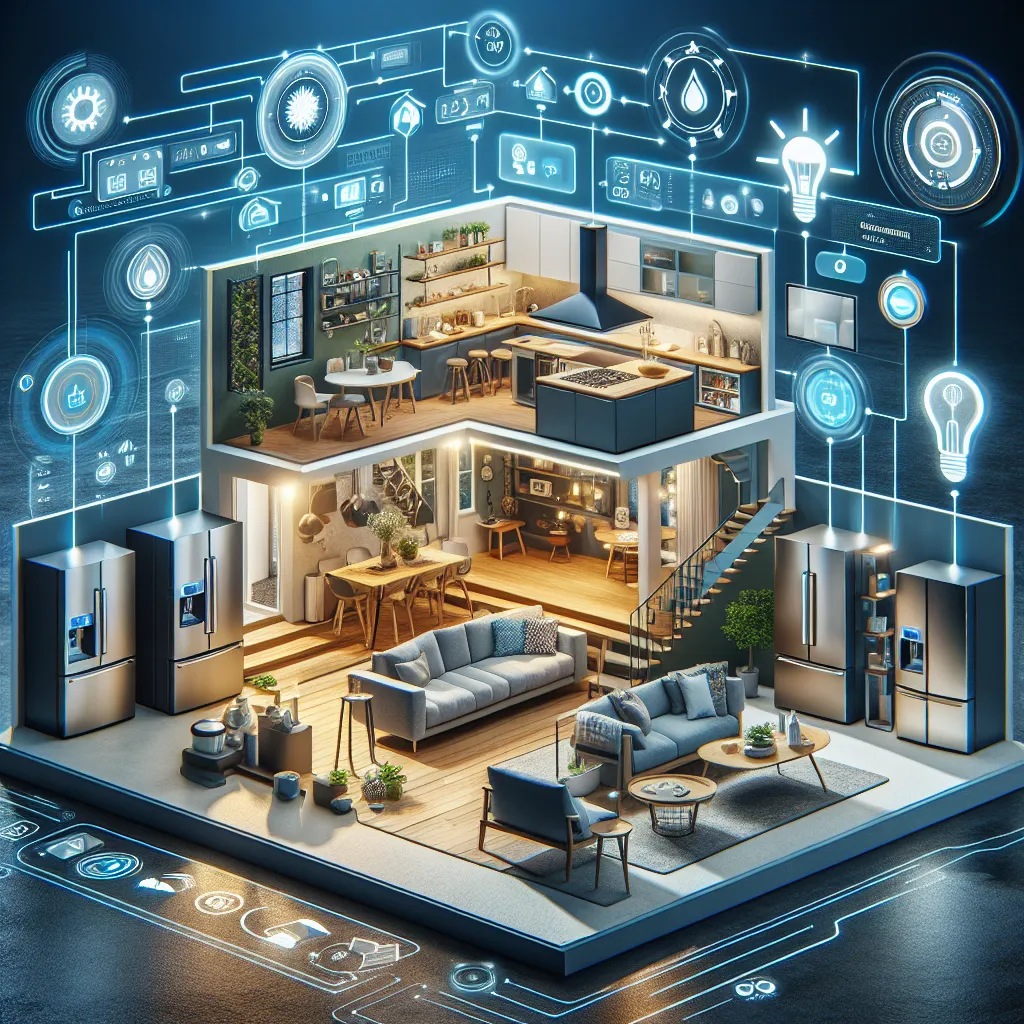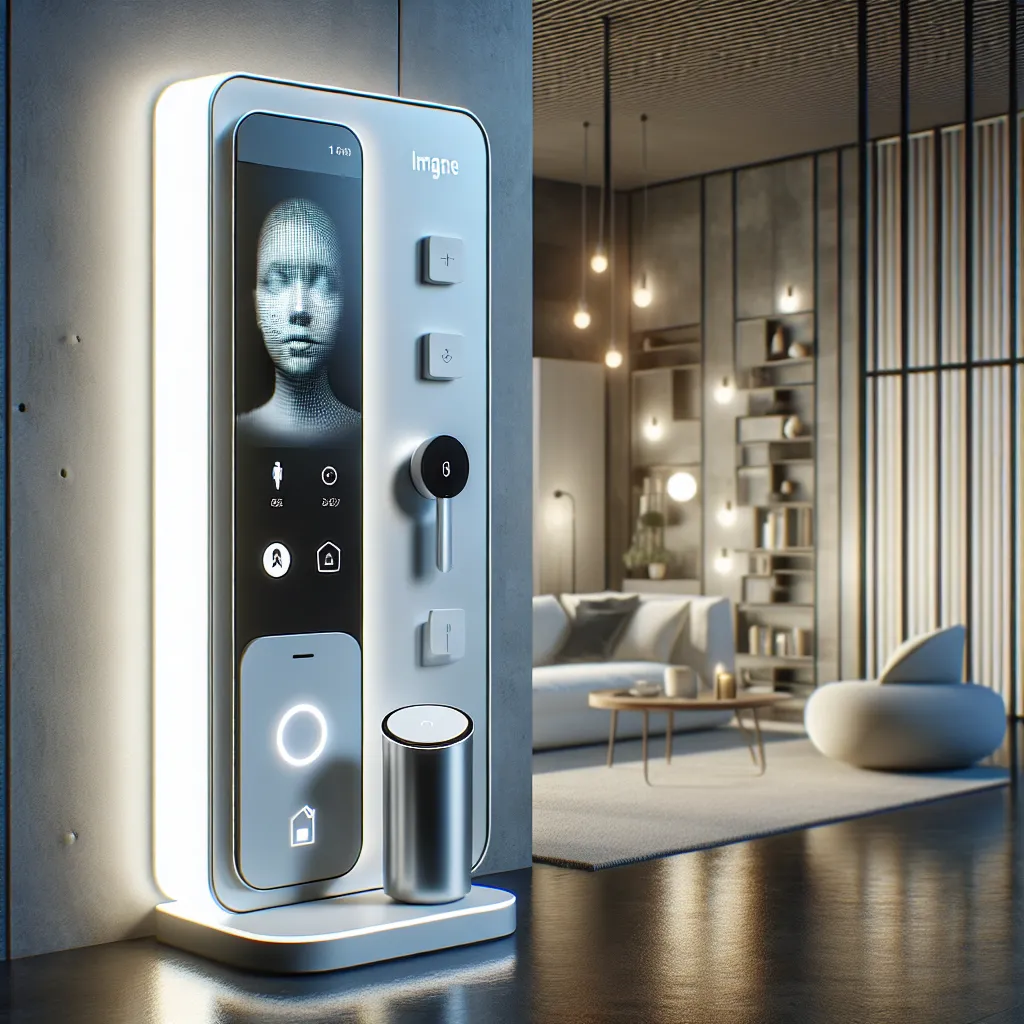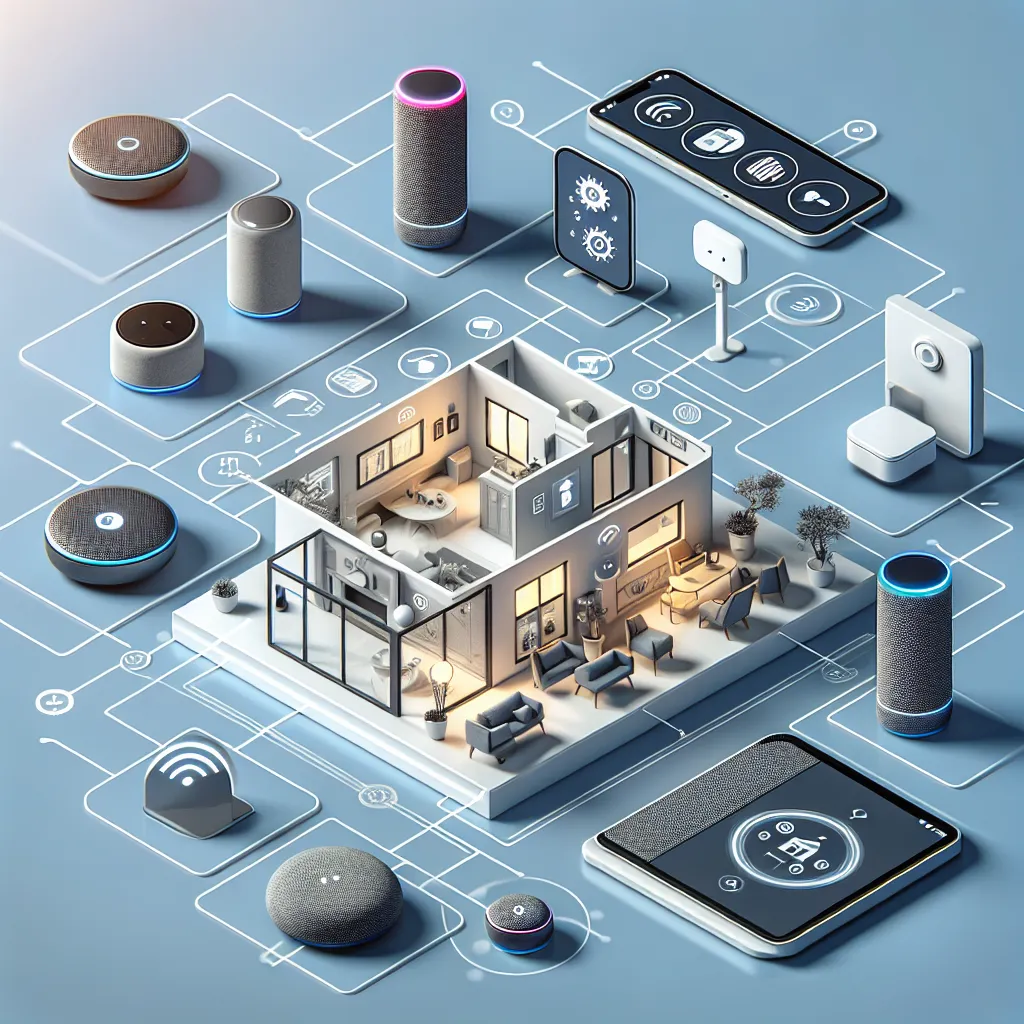Top 10 Smart Home Tips for Beginners

Setting Up Your Smart Home: A Beginner’s Guide
Setting up your smart home can be an exciting yet daunting task, especially for beginners. With the right approach, you can transform your living space into a futuristic hub of convenience and efficiency. To help you get started, here are some essential tips for setting up your smart home.
1. Start with a smart speaker: Investing in a smart speaker, such as Amazon Echo or Google Home, can serve as the central hub for your smart home ecosystem. It allows you to control other devices using just your voice.
2. Choose a smart home platform: Select a smart home platform that suits your needs, whether it’s Apple HomeKit, Google Assistant, or Amazon Alexa. This will ensure compatibility and seamless integration with your devices.
3. Secure your network: With an array of devices connected to your home network, prioritizing security is crucial. Set up a strong and unique Wi-Fi password, and consider using a Virtual Private Network (VPN) for added security.
4. Invest in smart lighting: Replace traditional bulbs with smart light bulbs that can be controlled remotely or scheduled to adjust brightness and color temperature, creating the perfect ambiance for any occasion.
5. Consider smart thermostats: Installing a smart thermostat can help you save energy and money by regulating the temperature based on your preferences and daily routines.
6. Smart locks for enhanced security: Upgrade your home security with smart locks that offer keyless entry, remote access, and activity logs to keep your home safe and secure.
7. Explore smart cameras and doorbells: Keep an eye on your home from anywhere with smart cameras and video doorbells that offer live streaming, motion detection, and two-way communication.
8. Embrace smart plugs and outlets: Easily make your existing devices smarter by using smart plugs and outlets, allowing you to control them remotely and monitor energy usage.
9. Integrate smart home automation: Create custom routines and automation using your smart home platform to streamline daily tasks and improve convenience.
10. Seek professional assistance if needed: If you encounter challenges during the setup process, don’t hesitate to seek guidance from professionals or online resources to ensure a smooth transition to a smart home.
By following these tips, you can lay the foundation for a well-connected and intelligent living space that caters to your needs and enhances your lifestyle.
Essential Smart Home Devices for Beginners
When starting out with smart home technology, it’s important to focus on essential smart home devices that will make a real difference in your everyday life. These devices form the foundation of a smart home setup and are key to unlocking the full potential of home automation. Here are the top 3 essential smart home devices for beginners:
1. Smart Speakers: A smart speaker, such as Amazon Echo or Google Home, serves as the central hub for voice control and can connect to a wide range of other smart devices. It allows you to control your smart home with simple voice commands and can also play music, answer questions, and more.
2. Smart Thermostat: A smart thermostat, like the Nest Learning Thermostat, can help you save energy and money by automatically adjusting the temperature based on your habits and preferences. It can also be controlled remotely from your smartphone, offering convenience and energy savings.
3. Smart Lighting: Smart light bulbs or smart switches are an easy way to introduce automation to your home. They can be programmed to turn on or off at specific times, or controlled remotely from your smartphone. They also offer the convenience of adjusting brightness and color to create the perfect atmosphere.
By starting with these essential smart home devices, beginners can quickly experience the benefits of home automation and lay the groundwork for expanding their smart home setup in the future.
Easy Ways to Make Your Home Smarter
When it comes to making your home smarter, there are several easy ways to incorporate smart technology and improve your living space. Whether you’re a tech enthusiast or a beginner in the world of smart homes, these top 10 tips will help you transform your living environment. From simple upgrades to more advanced installations, there are options for everyone.
1. Start with a Smart Thermostat: Investing in a smart thermostat can significantly improve energy efficiency and save money on utility bills. These devices offer remote accessibility, learning capabilities, and automated temperature adjustments, making them an essential addition to any smart home.
2. Smart Lighting Solutions: Replace traditional bulbs with smart LED lights that can be controlled through an app or voice command. You can easily adjust the ambiance of your home and even set up schedules for automated lighting.
3. Upgrade to a Smart Security System: Secure your home with a smart security system that includes features such as motion detection, remote monitoring, and smartphone alerts. These systems provide peace of mind and make it easier to keep an eye on your property.
4. Connected Home Entertainment: Integrate smart devices like streaming sticks, smart TVs, and voice-controlled speakers to enhance your entertainment setup. These devices offer convenience and a seamless entertainment experience.
5. Smart Kitchen Appliances: Consider investing in smart kitchen gadgets such as Wi-Fi enabled coffee makers, smart refrigerators, and app-controlled ovens. These appliances can streamline your cooking routine and bring convenience to the heart of your home.
6. Voice-Activated Assistants: Implement voice-activated assistants like Amazon Alexa or Google Home to control various smart devices with simple voice commands. These assistants can manage tasks, provide information, and interact with other connected devices.
7. Automated Window Treatments: Install smart shades or blinds that can be scheduled or controlled remotely. These automated window treatments offer convenience, energy savings, and enhanced privacy.
8. Smart Home Energy Monitoring: Use smart energy monitoring devices to track electricity usage, set energy-saving goals, and identify opportunities for efficiency improvements. These insights can help reduce energy waste and lower utility costs.
9. Smart Water Management: Implement smart irrigation systems and leak detection devices to manage water usage and prevent potential damage from leaks. These solutions can help conserve water and protect your home from water-related issues.
10. Expand with Smart Plugs and Sensors: Start small by using smart plugs to make existing devices controllable through an app. Additionally, consider adding smart sensors for monitoring environmental conditions and enhancing overall home automation.
By incorporating these easy smart home tips, you can create a more convenient, efficient, and secure living environment. Whether you’re looking to save energy, add convenience, or enhance home security, there are numerous options available to make your home smarter.



